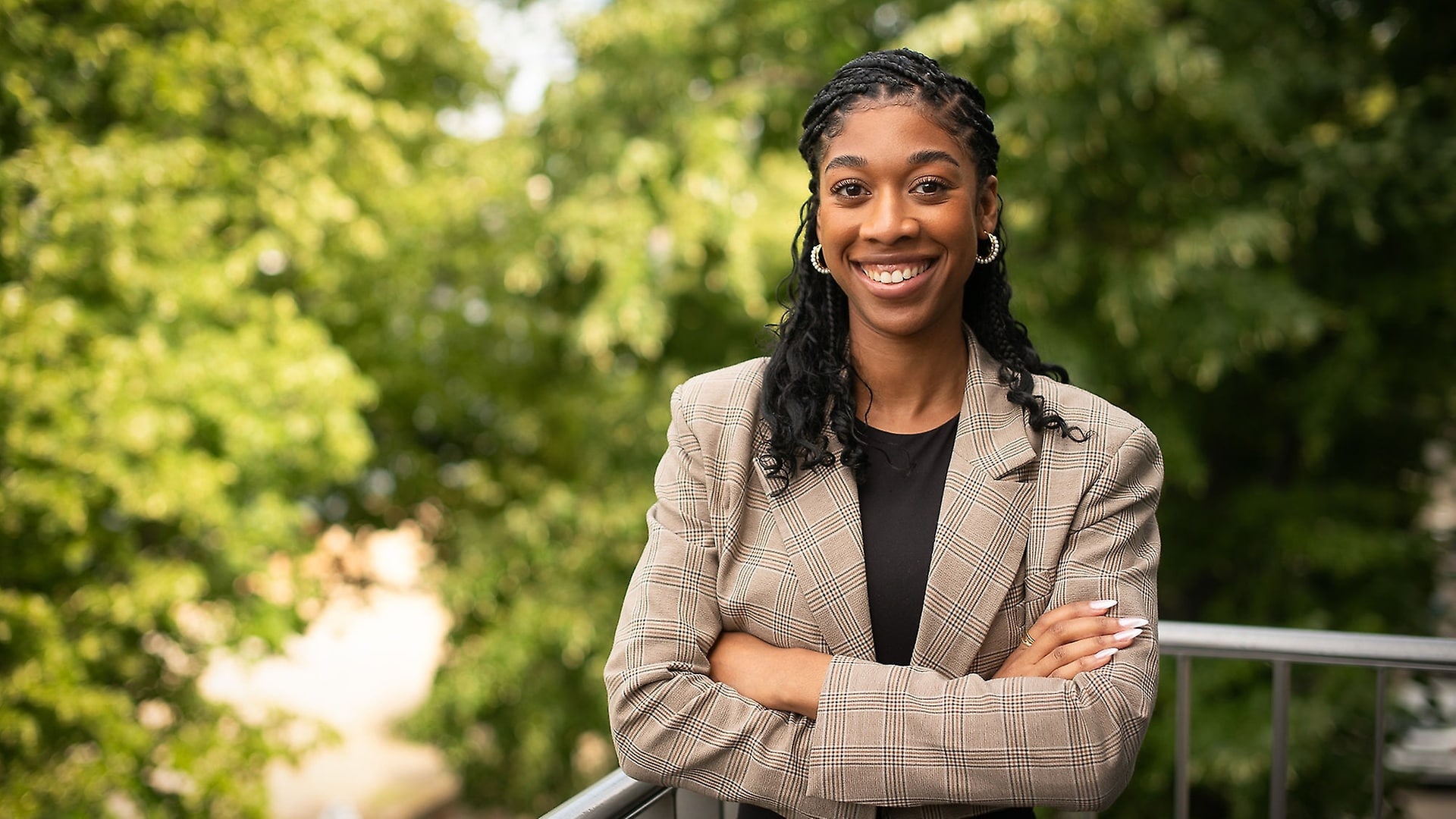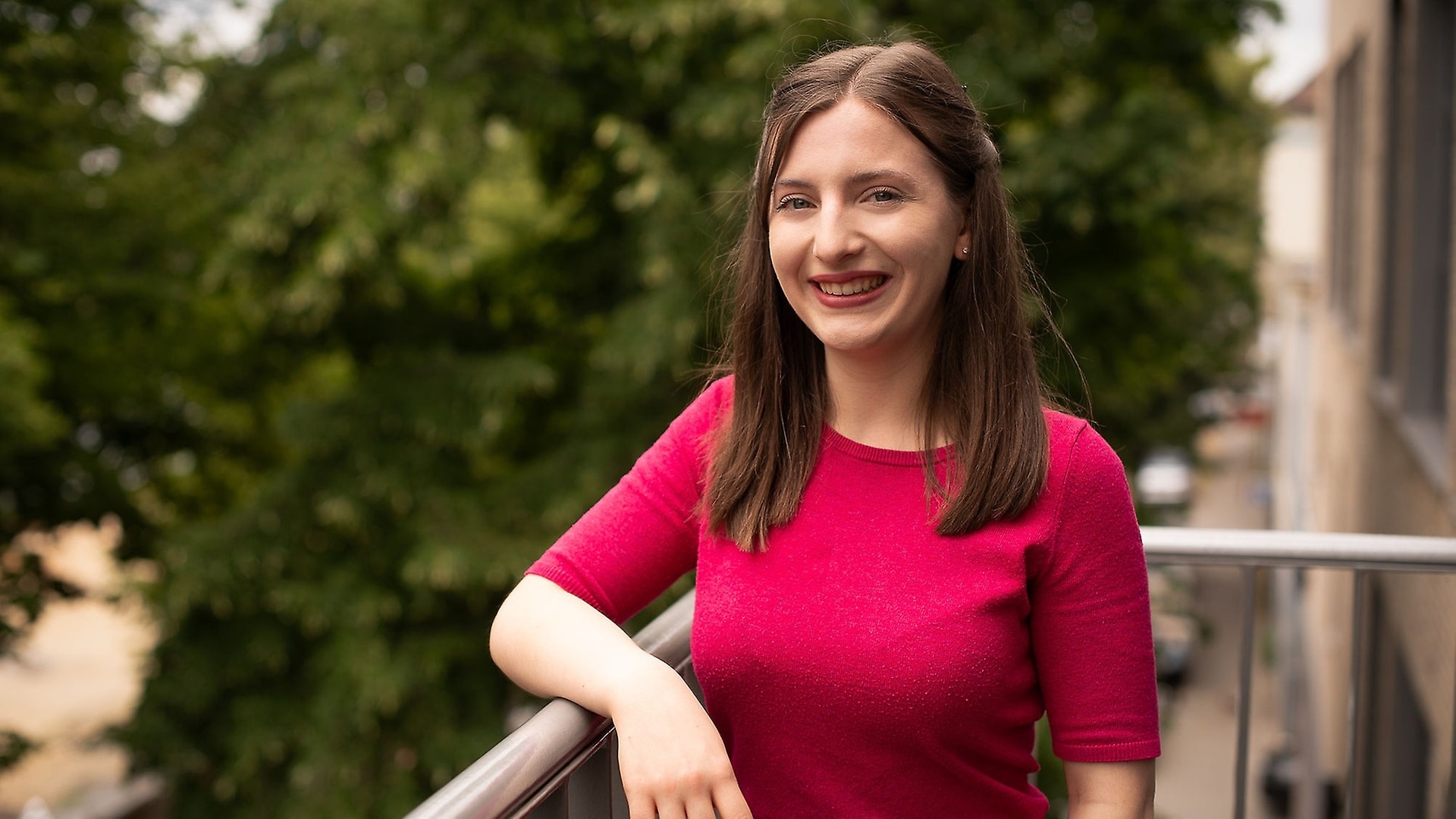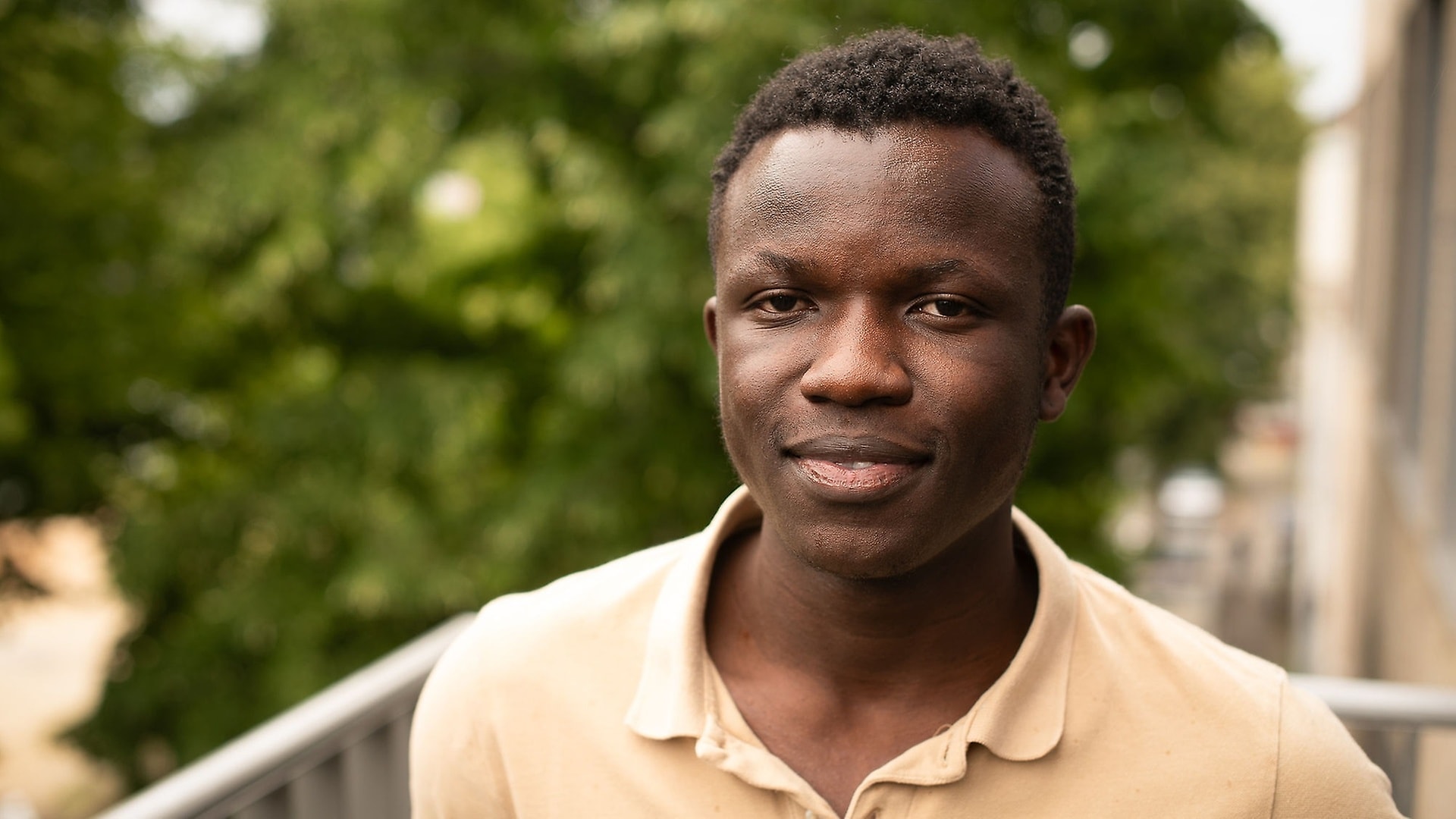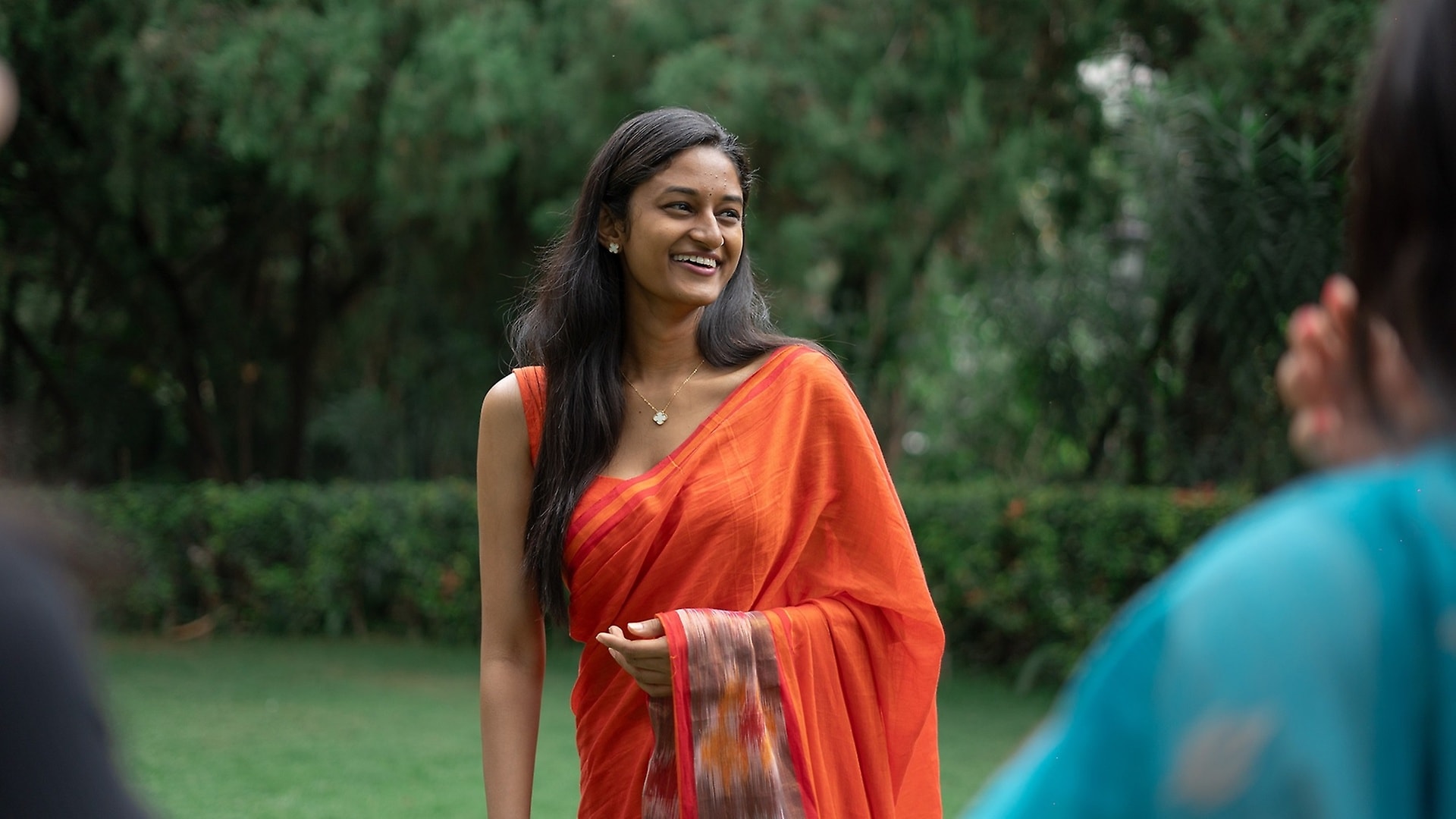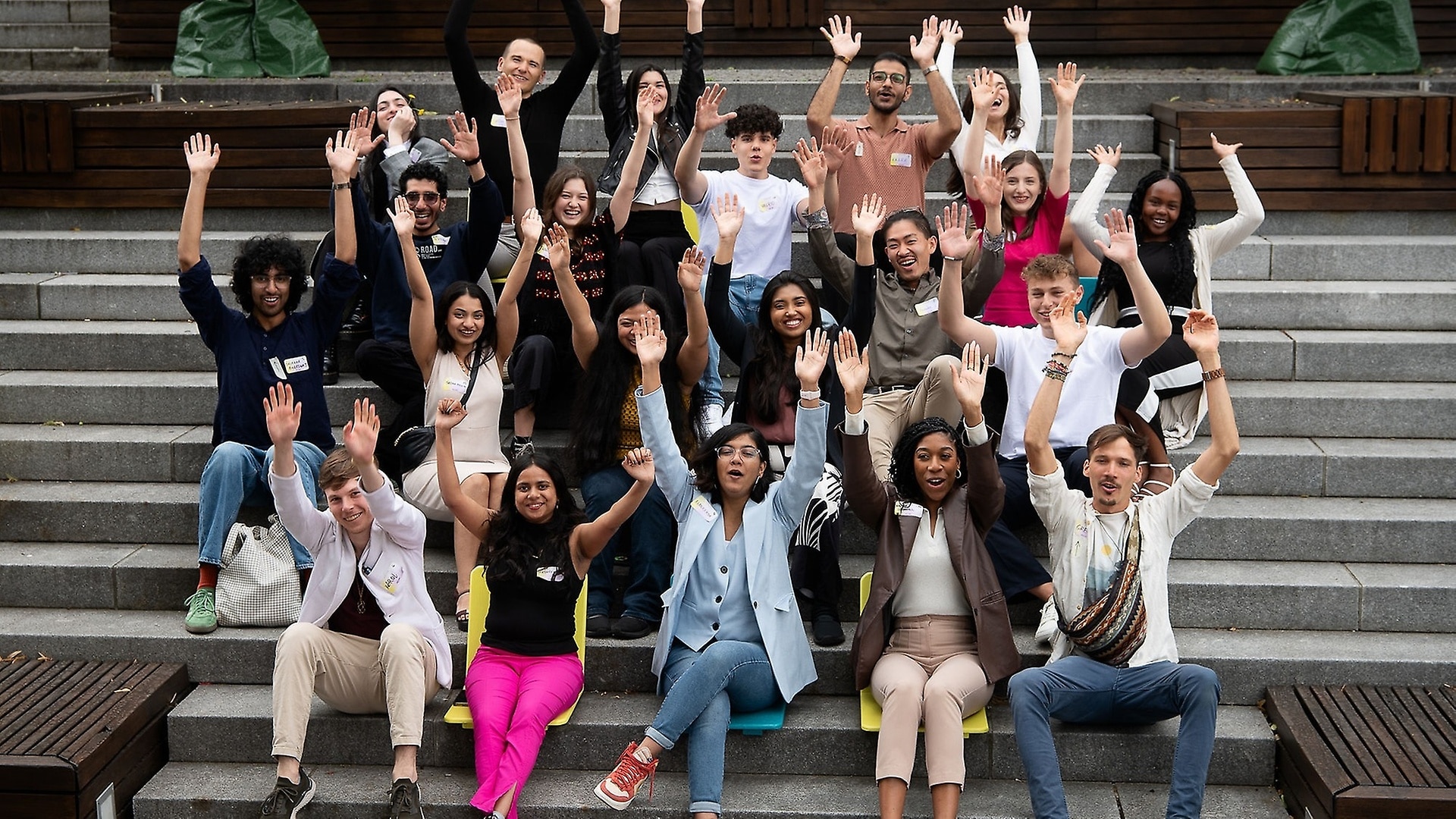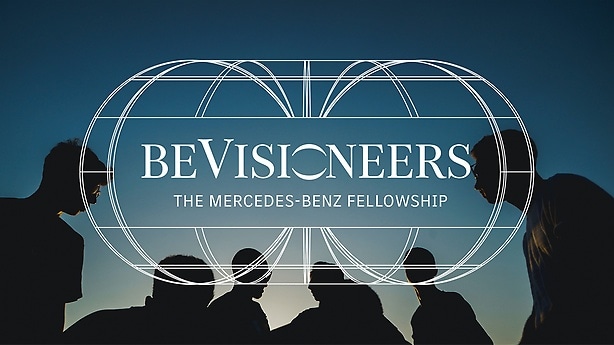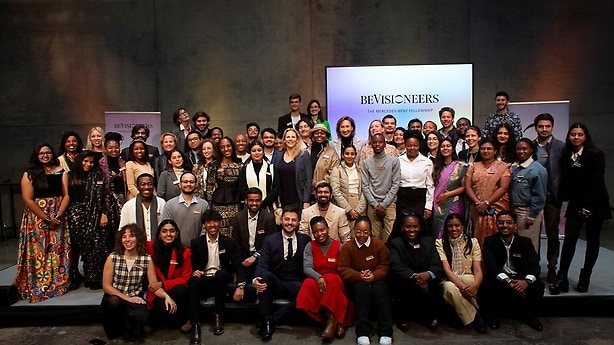September 20, 2024 – After its successful launch in 2023, the fellowship program has expanded fivefold, to 506 fellows from 36 countries. The new fellows came together for the first time at four regional summits in India, South Africa, Mexico, and Germany. As an invited guest Mercedes-Benz had the opportunity to engage with these young innovators and their promising ideas.
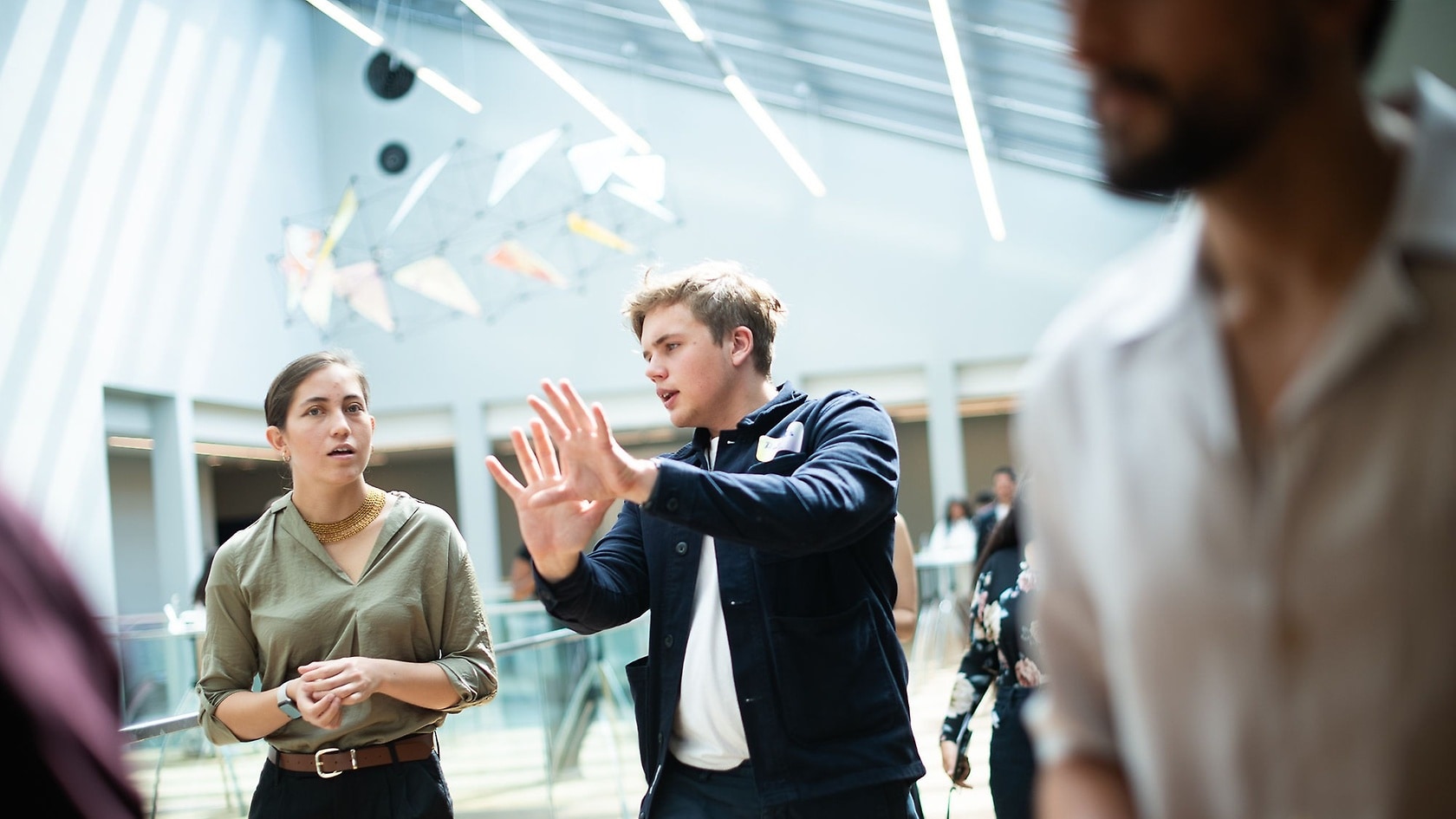
Four Regional Summits
